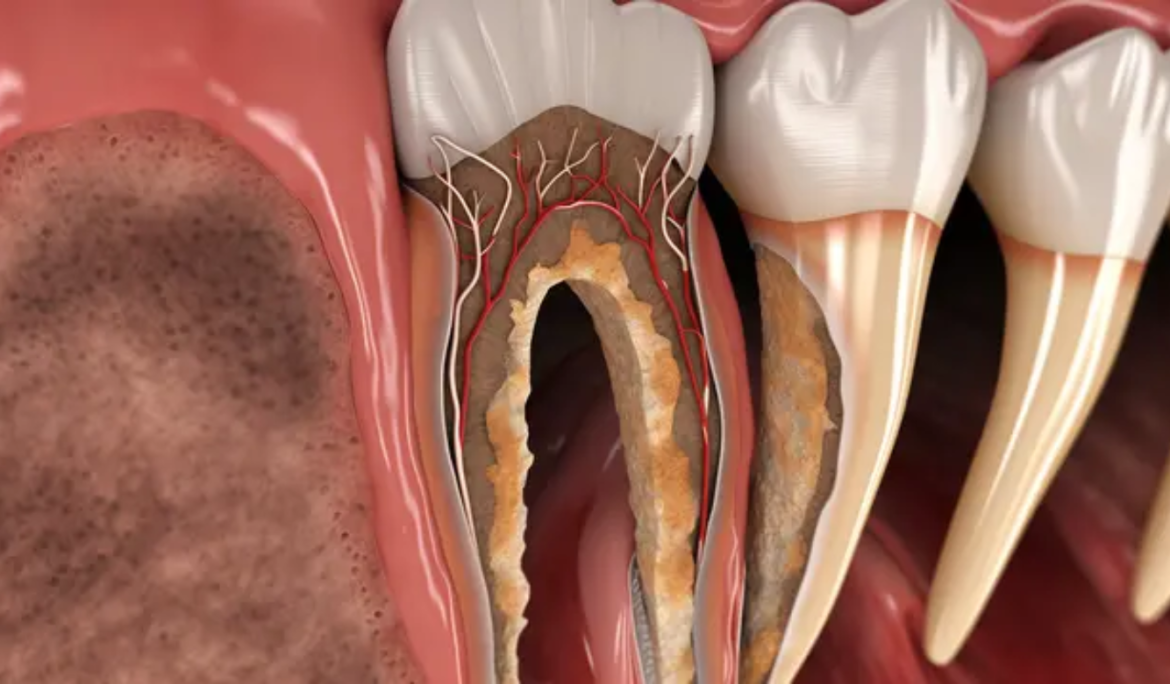An essential component of your overall dental health is having healthy gums. You run the risk of developing an infection, losing a tooth, and other dental issues if your gums are unhealthy. However, it’s simple to miss the periodontal disease symptoms. Too many patients either miss the symptoms or incorrectly think that certain symptoms are normal. To properly care for your gums, you should be aware of the following facts concerning periodontal disease.
Just How Does Periodontal Disease Appear?
Constant poor breath, loose or sensitive teeth, and painful chewing are a few signs of gum disease. Gums that bleed when you brush or floss may be red or swollen. Many patients believe that bleeding occurs occasionally when they brush or floss, but this is not true; if you notice blood on your toothbrush, schedule an appointment with the dentist right away.
Gum recession is a side effect of gum disease. Or, to put it another way, your gums shift to a lower position on your teeth. As a result of the tooth roots being exposed, your teeth may become more sensitive and you may become more susceptible to root infections. Your teeth may appear longer than they formerly did if your gums are receding because more of them is visible.
Periodontal Disease: What Is Its Cause?
A certain form of bacteria found in dental plaque is what causes periodontal disease. This is why brushing and flossing are so crucial. Plaque removal not only keeps your teeth healthy but also gets rid of the germs that lead to gum disease.
Additionally, there are risk factors that increase your mouth’s susceptibility to the germs that cause gum disease. One of the largest risk factors is smoking, which not only increases your susceptibility to gum disease but also reduces the effectiveness of gum disease treatments. Diabetes, immune deficiency conditions like AIDS, specific drugs, hormonal changes, dry mouth, and a family history of gum disease are additional risk factors. You should take extra precautions to safeguard your gums and receive periodontal disease screenings if you have any of these risk factors.
What Health Effects Can Periodontal Disease Have?
If gum disease is not addressed, it might result in even more significant health issues.
Periodontal disease is an issue in and of itself, and having unhealthy gums will also compromise the condition of your teeth. It’s crucial to understand, though, that periodontal disease can also negatively affect your general physical health.
A number of significant medical disorders have been connected to gum disease. It may also raise your risk for the types of strokes brought on by clogged arteries, as well as causing or exacerbating heart disease. Diabetes people with healthy gums have an easier time controlling their blood sugar than diabetic patients with gum disease. Additionally, the bacteria that cause gum disease can contribute to respiratory conditions, putting pregnant patients at risk for preterm delivery.
The first step in preventing gum disease is to comprehend it. Follow your dentist’s recommendations for brushing your teeth and scheduling routine dental exams. Inform your dentist if you believe you have periodontal disease if you see any symptoms because early detection can increase the effectiveness of gum disease therapy. To set up a consultation, get in touch with us.


